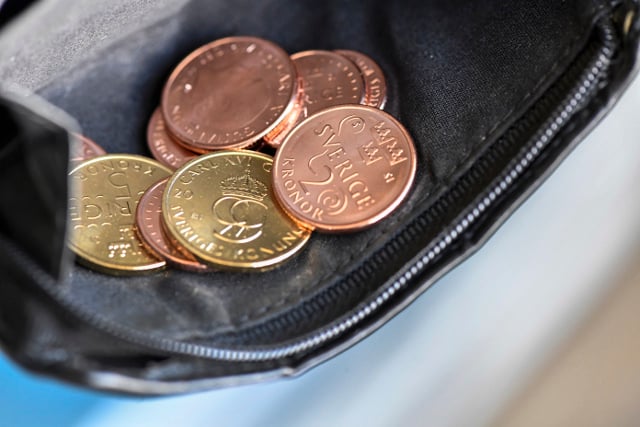Though economic activity in Sweden is increasingly strong, the Riksbank has judged that it will take longer than expected for inflation to stabilise at 2 percent, in part due to uncertainty over political and economic developments abroad. As such the repo rate is now not expected to be raised until later than previously forecast.
It is also still more likely that the rate will be cut than raised in the near future, the bank said.
“To support the upturn in inflation, monetary policy needs to be somewhat more expansionary. The considerable uncertainty over economic and political developments abroad is also important for the stance of monetary policy,” the Riksbank said in a statement.
“The Executive Board assesses that the repo rate needs to be held at the current low level for a quarter longer than was assumed in February. The first repo-rate increase is now expected to be made in the middle of 2018. The repo rate path also reflects the fact that there is still a greater probability of the rate being cut than of it it being raised in the near term.”
READ ALSO: Cashless Swedes sitting on old notes worth billions
The bank will also further extend its programme of purchasing government bonds by 15 billion kronor ($1.7 billion) into the second half of 2017, which will mean purchases amount to a total of 290 billion kronor ($32.9 billion) by the end of the year, excluding re-investments.



 Please whitelist us to continue reading.
Please whitelist us to continue reading.